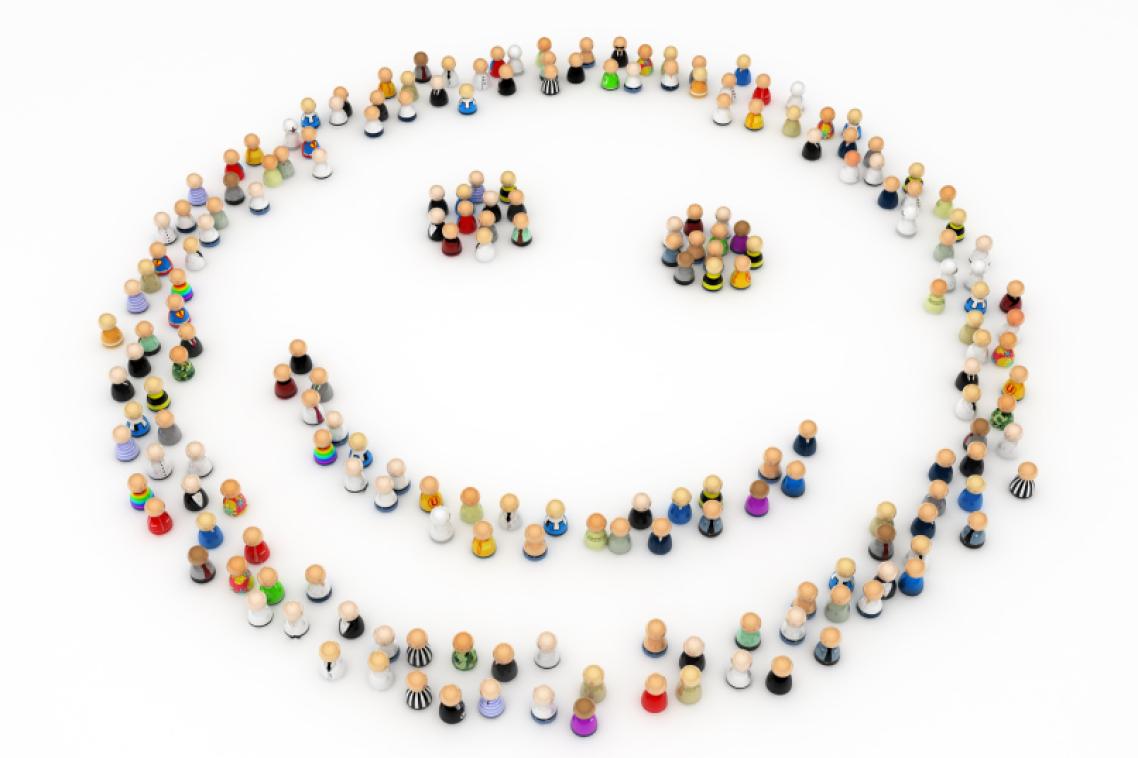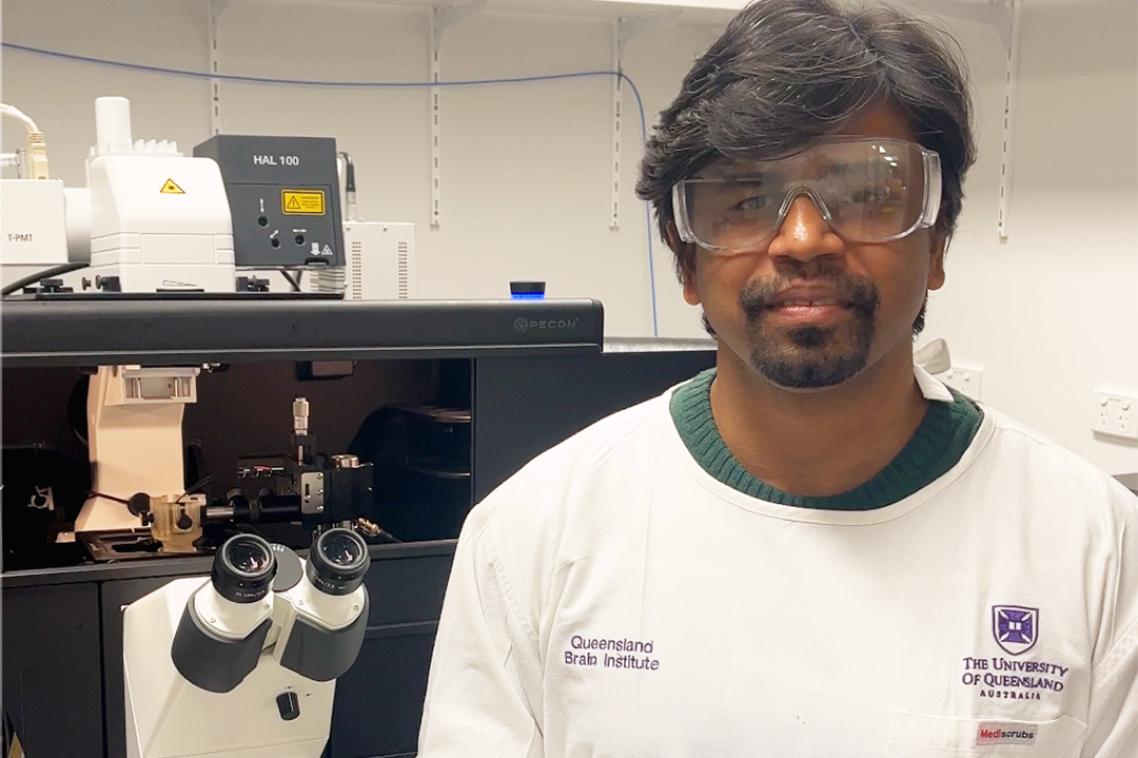Group bonding halts depression for all walks of life

Becoming a part of a social group can significantly reduce the effects of depression, according to new research from The University of Queensland.
Research led by Dr Tegan Cruwys and Professor Alex Haslam from UQ’s School of Psychology has found that building strong social relationships is key to treating and preventing clinical depression.
The research brings hope to disadvantaged groups in particular, as depression is more common among groups for whom the cost and availability of medical and psychological treatments may be prohibitive.
Dr Cruwys said the studies showed that people who regularly interacted and identified with a social group experienced an improved quality of life and a substantial decrease in or cure of their depression.
“Clinical depression, which affects 6.2 per cent of Australians in any given year and up to 20 per cent of the population sometime in their life, is often preceded by social withdrawal,” she said.
“By joining a group, people are provided with exactly what they lack when they are depressed – a sense of belonging, a sense of meaning and purpose, and a source of social support.”
“The results place accessible and cost-effective treatment in the hands of everyone without the stigma of seeking psychological treatment or suffering the side-effects of anti-depressants,” Dr Cruwys said.
Researchers asked participants at high risk of developing depression to join a community recreation group such as a sporting, sewing or art group.
Other participants diagnosed with depression took part in group therapy sessions at a local hospital.
Three months later, both groups were surveyed to determine whether any participants had experienced an improvement in their depression.
Professor Haslam said the results provided clear evidence that joining groups, and coming to identify with them, could alleviate depression.
“For those who felt connected and part of a recreation group, less than one third were still depressed at the end of the study, whereas for those who did not identify with the group, more than half remained depressed,” he said.
“Our findings suggest that it does not necessarily matter what type of group you belong to, as long as you feel connected to it.”
“The key to stopping depression is being part of the group and having the group be part of you,” he said.
The research is published in the Journal of Affective Disorders and in this month’s Scientific American Mind
Media: Marketing and Communications Officer Katie Rowney, 3365 3439 or 0413 601 248, katie.rowney@uq.edu.au.
Topics
Related articles

New ultrasound imaging to map drug delivery into the brain

Staying physically active cuts risk of early death by 40 per cent
Media contact
UQ Communications
communications@uq.edu.au
+61 429 056 139
